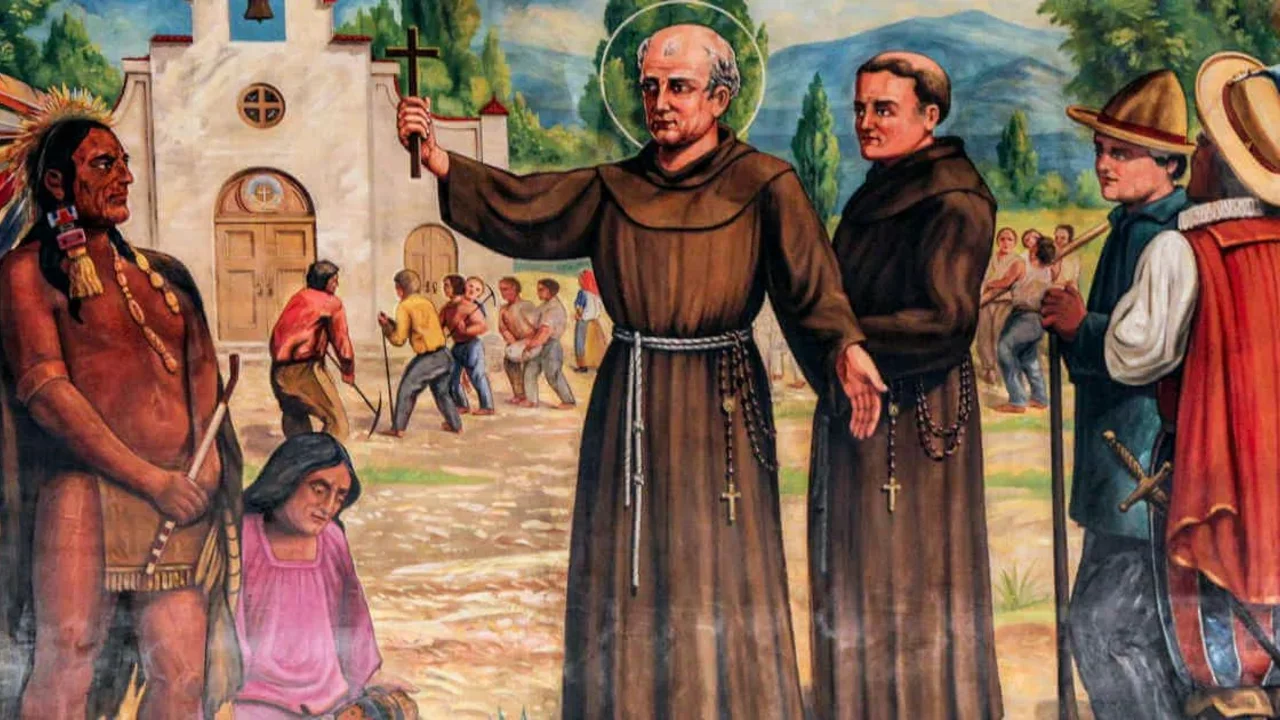Religious Conversion in India: What You Need to Know
If you’ve ever heard the term "religious conversion" and wondered what it really means in India, you’re not alone. People talk about it in news, exams, and everyday chats, but the details can get fuzzy. This guide breaks down the basics, the legal side, and why it matters for anyone prepping for PSC exams.
First off, religious conversion simply means changing your declared faith. In the Indian census, you can mark a different religion when you fill out the form. That change updates government records and can affect things like minority status benefits.
How the Law Handles Conversion
Each state has its own rules, but most follow the "anti‑conversion" model. That means you need to follow a legal process if you want to change your religion officially. Usually, you’ll have to:
- Give a written notice to the local magistrate.
- Wait for a set period (often 30 days) while the authorities verify the decision.
- Provide proof that the change is voluntary and not forced.
If the paperwork is in order, the conversion is recorded. Skipping these steps can lead to legal trouble, especially if the change is linked to marriage or adoption.
Why It Shows Up in PSC Exams
PSC (Public Service Commission) exams test your knowledge of Indian society, law, and current affairs. Questions about religious conversion can appear in General Studies or Hindi sections. They might ask you to identify:
- The states with the strictest anti‑conversion laws.
- How conversion numbers impact minority reservations.
- The difference between voluntary conversion and forced conversion.
Knowing the basics helps you answer faster and avoid common traps. For example, some papers mix up "conversion" with "inter‑faith marriage," which are separate legal topics.
Another practical tip: keep an eye on recent headlines. Whenever a high‑profile conversion case makes news, the Commission often updates its syllabus. That way you stay current without extra research.
Lastly, remember that conversion isn’t just paperwork. It can affect personal life, family dynamics, and community relations. Being aware of the social side shows the examiners that you understand the issue beyond the legal jargon.
To sum up, religious conversion in India involves a clear legal process, shows up regularly in PSC exam questions, and carries social weight. Keep the steps, state laws, and exam relevance in mind, and you’ll be ready to tackle any related question with confidence.

Why did the Spanish build missions in California?
- Date: 30 Jul 2023
- Categories:
- Author: Aarav Khatri
So, my pals, let's dive into some historical stuff that's as juicy as a ripe Californian orange! You see, the Spanish, those fine folks from across the Atlantic, had their eyes set on California in the 18th century. Why, you ask? Well, it wasn't for the surf and the sunshine, I'll tell you that! They built missions there as part of their grand plan to spread Christianity to the natives, and also to secure the territory against those pesky Russians and British who had their sights set on the place too. So, in a nutshell, it was a grand ol' mix of divine duty and land-grabbing strategy. Fascinating, right?




